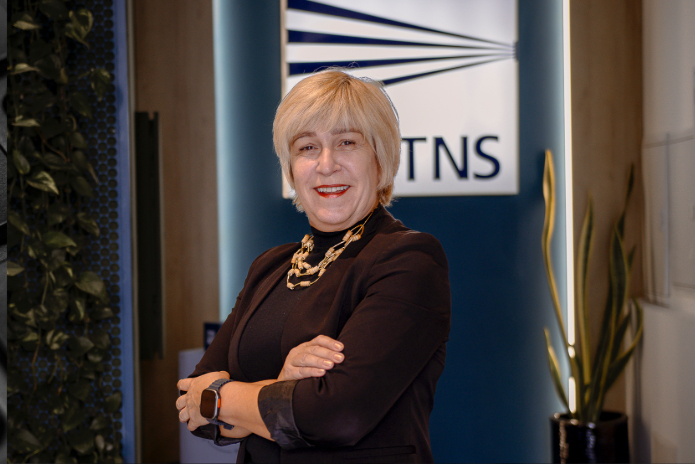The TikTok Shop arrived in Brazil with great promises, coming from a history of success around the world. Only last year, the “lojinha” of the app handled about US$ 33 billion globally, according to Statist. The impact is already beginning to be felt here, but brands still have a lot to learn about the subject 'FRom the use of videos as sales machines to particular features that do not exist anywhere else.
Henrique Troitinho, CEO of the digital marketing innovation agency Media Score, states that the rules of the TikTok Shop are not the same as any other e-commerce tool. “First, the virtual store is based on content and not the other way around. Videos are the sales engine, which requires a TikTok First approach and a specialized marketing management to achieve the full potential of the shop.In addition, there are specifications of the platform, both with regard to restrictions and the opportunities”, comments.
Therefore, according to the expert, brands can not wait just to register and start selling. You need to understand the mechanisms of the app and work with them strategically.
An example is the list of restricted or prohibited products. “To follow the policies of TikTok as a whole, there are a number of goods and services that cannot be sold there”, explains Henrique.“It is essential to make sure that no item ended up entering the mix, because this can affect the entire store score and reduce its relevance”. Among the prohibitions are weapons, animals or animal products, security and privacy products, financial products, illegal drugs and drug accessories. Already the restricted list includes medications, some medical devices, weight loss products, products and services, automobiles and automotive parts, media products, alcohol, illegal drugs, tobacco and other.
Working with professionals specialized in the management of the app helps the brand to have access to all items and to understand the best ways to meet the rules. Likewise, the opportunities of the TikTok Shop should be taken advantage of by those who want to stand out; this is the case of competitions, with the right to rankings of greater amount of sales per category.
“Live competitions are the main ones, as they follow a trend already on the rise in other countries, from live commerce”, points out Troitinho. The format is in real time, with the consumption of live content and purchases at the same time, generating a business turnover that applies to all sectors and sizes of companies. “A China has already mastered this technique for a long time, but now the whole world is entering the wave. The expectation is that live commerce platforms reach US$ 7.2 billion by 2030”, complements the entrepreneur, referring to a forecast of the Research & Markets.
What TikTok Shop proposes, then, is a ranking for the stores and creators that sell more during lives, with benefits for those who stay at the top. These are advantages such as discount coupons to provide customers, cash prizes, traffic resources and even trophies. The exposure in the ranking is also, by itself, a boost of the brand image.
“O TikTok Shop presents several different possibilities and objectives. You can stay in the top 10 of its category if you want to work with lives, or you can leverage sales in another way. The important thing is to understand that, whatever the path chosen, we are talking about a transformation of e-commerce and not just a new channel. Start with an open mind and ready to expand your real online performance”, concludes the CEO.











